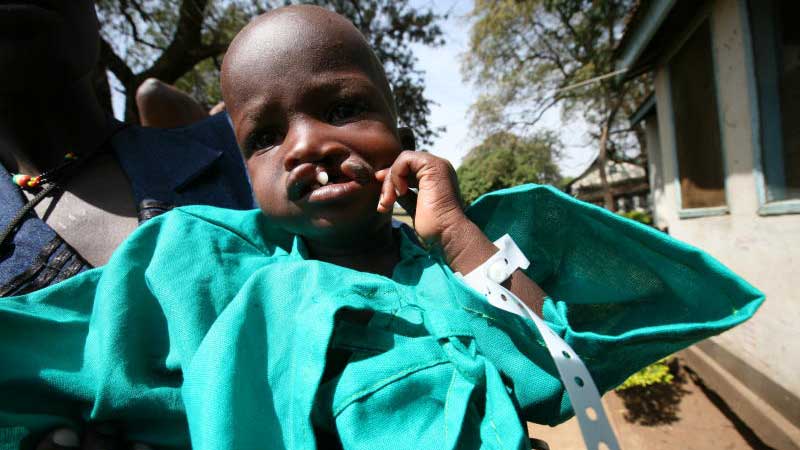×
The Standard e-Paper
Stay Informed, Even Offline

Much has been said about the Universal Health Care (UHC). As the country gears towards attaining health for all, there are vital steps that need to be taken in order to achieve this goal.
The importance of healthcare financing cannot be overemphasised. Our healthcare system must be adequately financed to ensure it functions smoothly and basic services are offered at the county hospitals.